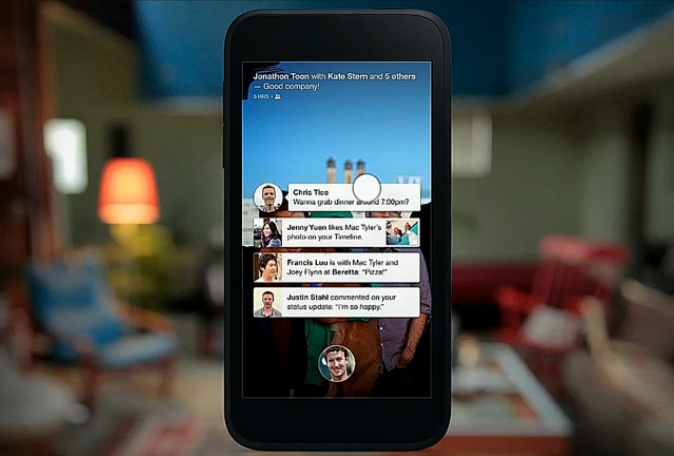As the title of the referred article suggests, Android really is everywhere… you just don’t realize it. Not only is Google’s Android the number one mobile operating system currently out there, but Android is in just about anything with a computer chip and is becoming the standard for operating systems in smart devices. As more devices with the Android operating system hit the market, Google is continually widening the gap between its competitors, Microsoft and Apple, and is making its home as the dominant software player in the tech device world.
So how does Google’s Android tie into quality?

One of the things that we learned in class is how important quality is to consumers. In the end, your product does not really matter. It all comes down to customer satisfaction and delivering on the fulfillment of their needs. In a sense, this is what Google has done through Android. This open source software can easily be manipulated by virtually anyone to get just about anything to do whatever they want it to. Users are not limited to certain functionalities already pre-decided by the makers of the operating system, but instead allow consumers to keep their freedom of choice and allow them to act upon them. In the end, consumers fulfill their own needs and end up with their own unique, customized product.
This not only allows for Google to keep its current customers from switching to competitors, but Google is also benefiting from expanding its consumer base to include individuals who like to experiment with technology. As more consumers join the Android community and take the operating system into their own hands by modifying its uses and capabilities, Google is getting developers to make their product better and its application vast. And it is all done free.
Android isn’t just popular with consumers, but also with hardware and software companies. As its popularity has increased and its dominance established in the market, Android is becoming a standard for devices. More and more hardware and software companies are becoming “Android experts” to ensure that their products are compatible with the software.
By allowing its software to be easily accessible and modified by anyone, it is no wonder that Google’s Android has risen in popularity so quickly and widespread. Although many companies, such as Apple and Microsoft, strive to keep their product’s formulas secret in order stay ahead of the competition, Google has proven that doing the exact opposite can be done. Not only that, but that one can benefit from it as well.
Personally, I think that what Google allows to be done with Android should be applicable to other devices. As an Android user who took advantage of making my phone better to suit my preferences, I am a big fan. On the other hand, Apple’s I-phone has left me wondering why I ever made the switch.
What do you think? How will Android affect the future of technology and the way products are being deployed?
Source:
Vance, Ashlee. “Behind the ‘Internet of Things’ Is Android—and It’s Everywhere.” Bloomberg Businessweek. 30 May 2013. http://www.businessweek.com/articles/2013-05-29/behind-the-internet-of-things-is-android-and-its-everywhere#p1

